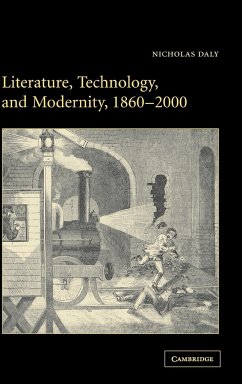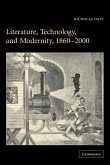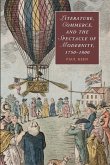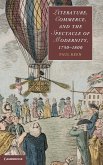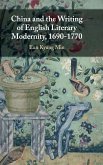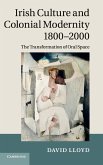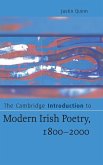Industrial modernity takes it as self-evident that there is a difference between people and machines, but the corollary of this has been a recurring fantasy about the erasure of that difference. The central scenario in this fantasy is the crash, sometimes literal, sometimes metaphorical. Nicholas Daly considers the way human/machine encounters have been imagined from the 1860s on, arguing that such scenes dramatize the modernization of subjectivity. Daly begins with Victorian railway melodramas in which an individual is rescued from the path of the train just in time, and ends with J.G. Ballard's novel Crash in which people seek out such collisions. Daly argues that these collisions dramatize the relationship between the individual and modern industrial society, and suggests that the pleasures of fictional suspense help people to assimilate the speeding up of everyday life. This book will be of interest to scholars of moderinism, literature and film.
Table of contents:
Acknowledgments; List of illustrations; Introduction; 1. Sensation drama, the railway, and moderdernity; 2. Sensation fiction and the modernizatin of the senses; 3. The Boerograph; 4. 'It': the last machine and the invention of sex appeal; 5. Crash: flesh, steel, and celluloid.
Daly considers the way human/machine encounters have been imagined from the 1860s on. He argues that collisions, literal and metaphorical, dramatize the relationship between the individual and modern industrial society, and suggests that the pleasures of fictional suspense help people to assimilate the speeding up of everyday life.
Nicholas Daly considers the way human/machine encounters have been imagined from the 1860s on.
Hinweis: Dieser Artikel kann nur an eine deutsche Lieferadresse ausgeliefert werden.
Table of contents:
Acknowledgments; List of illustrations; Introduction; 1. Sensation drama, the railway, and moderdernity; 2. Sensation fiction and the modernizatin of the senses; 3. The Boerograph; 4. 'It': the last machine and the invention of sex appeal; 5. Crash: flesh, steel, and celluloid.
Daly considers the way human/machine encounters have been imagined from the 1860s on. He argues that collisions, literal and metaphorical, dramatize the relationship between the individual and modern industrial society, and suggests that the pleasures of fictional suspense help people to assimilate the speeding up of everyday life.
Nicholas Daly considers the way human/machine encounters have been imagined from the 1860s on.
Hinweis: Dieser Artikel kann nur an eine deutsche Lieferadresse ausgeliefert werden.

